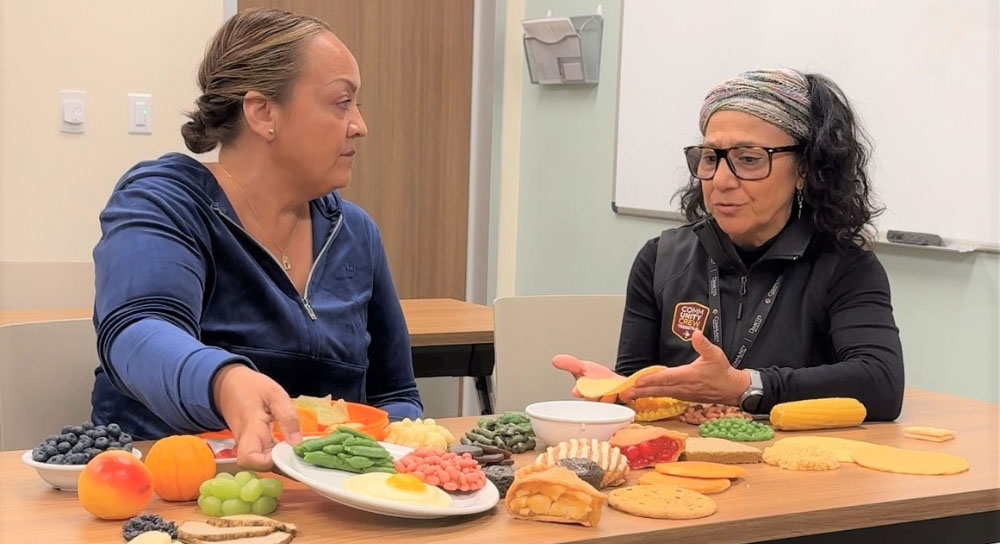Watch video of this story on MedWatch Today, Community's weekly, half-hour TV show produced in partnership with KSEE24 and CBS47.
When was your last Pap smear? If you can’t remember, it may be time to schedule a screening.
Pap smears are crucial in detecting cervical cancer and pre-cancer, which can sometimes go undetected for years, even decades, in some patients.
“Cervical cancer is the only gynecological cancer — and one of the few cancers in general — where we can prevent it,” said Ashley Moon, gynecologic oncologist with Community Gynecologic Oncology Specialists. “We knowingly have a test that can detect it, as well as detect it before it becomes cancer from a pre-cancer.”
Reducing the risk of cancer for you and your family
Another way to protect yourself against cervical cancer is by getting the HPV vaccine.
The Centers for Disease Control says that HPV, or human papillomavirus, is responsible for 9 out of 10 cases of cervical cancer. The CDC goes on to state that, “Almost all cervical cancer can be prevented by HPV vaccination.”
But it’s not only women who are affected by the virus. In fact, 4 out of 10 cases of cancer caused by HPV occur in men. In addition to cervical cancer, HPV can cause cancer in the penis, anus and back of the throat.
The best way to prevent HPV is to vaccinate before coming into contact with the virus. The CDC recommends vaccinating children (both boys and girls) starting at ages 11-12, but those as young as 9 can begin to receive the vaccination. Depending on age, two to three doses of the vaccine are required.
The HPV vaccine is recommended through age 26. Anyone up to age 45 can choose to receive the vaccine, though the benefits are greatly reduced if you’ve already come into contact with the virus.
Community Cancer Institute provides advanced treatment options all in one place
The American Cancer Society reports that about 13,820 new cases of invasive cervical cancer will be diagnosed in 2024.
For those who have been diagnosed, comprehensive treatment is available at Community Cancer Institute.
“The fact that we have all the specialists here at one place makes it easy for the patient and their families to see all the necessary doctors and get all the necessary treatments,” Dr. Moon said.





